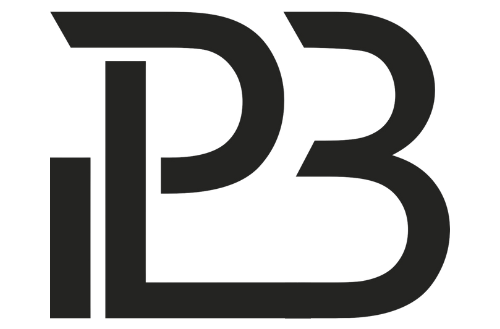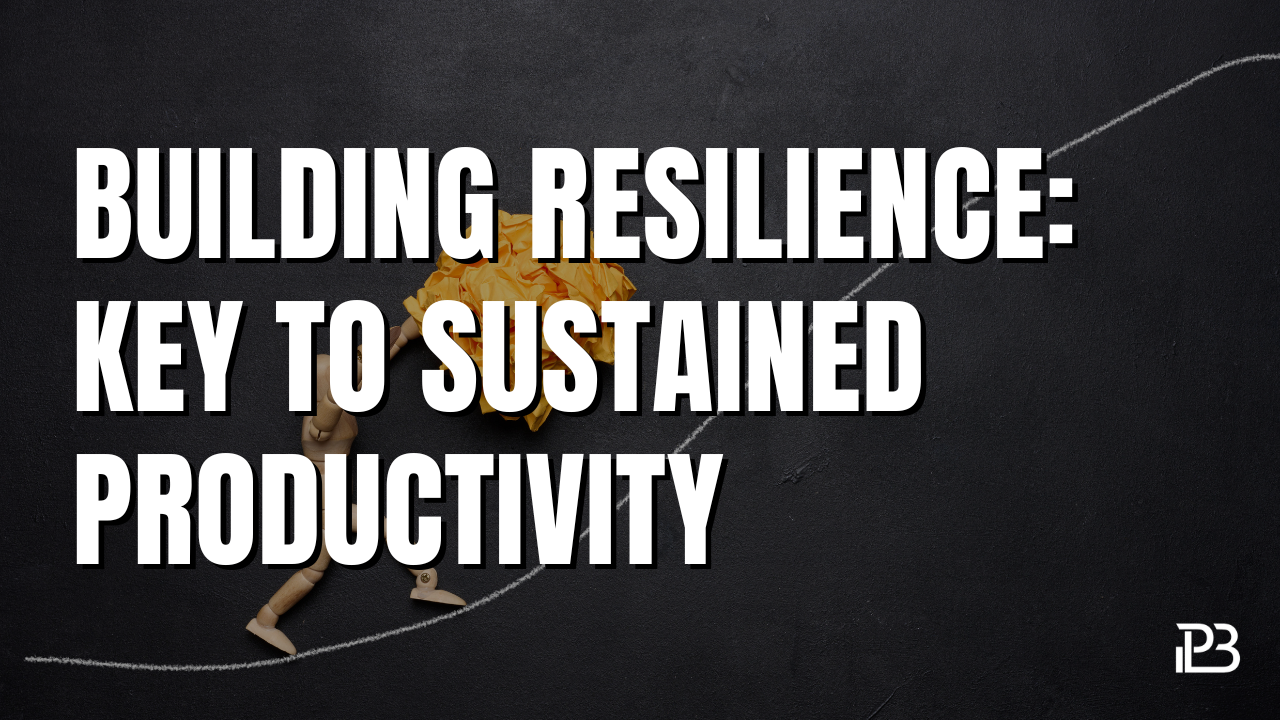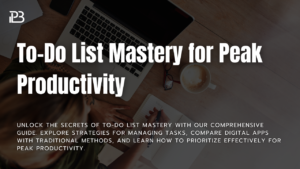Uncover strategies for building resilience to thrive amidst work-related stress and challenges. Discover how bolstering your resilience is essential for maintaining long-term productivity and success.
In the dynamic and often unpredictable landscape of the professional world, resilience has emerged as a foundational attribute for sustained productivity and success. Resilience—the ability to recover quickly from difficulties and adapt to change—is not just about enduring stress; it’s about thriving in the face of work-related challenges. This article explores effective strategies for building resilience, highlighting its critical role in enhancing productivity and ensuring long-term career fulfillment.
Table of Contents
Understanding Resilience in the Professional Context
Resilience in the workplace goes beyond merely bouncing back from setbacks. It involves a proactive approach to problem-solving, a positive attitude towards learning from failure, and the capacity to maintain productivity under pressure. Cultivating resilience can help professionals navigate the complexities of their roles with confidence, fostering a resilient mindset that transforms obstacles into opportunities for growth.
Strategies for Building Resilience
Cultivate a Growth Mindset
Adopting a growth mindset is crucial for resilience. View challenges as opportunities to learn and expand your abilities. Embrace failure as part of the growth process, and persist in the face of setbacks. This mindset shift encourages adaptability and continuous self-improvement.
Develop Emotional Intelligence
Emotional intelligence (EQ) plays a significant role in resilience. Being aware of and managing your emotions, especially under stress, allows you to remain calm and focused. EQ also involves understanding others’ emotions, which can improve communication and conflict resolution in the workplace.
Strengthen Social Connections
A robust support network is invaluable for building resilience. Foster relationships with colleagues, mentors, and industry peers. These connections provide emotional support, diverse perspectives, and advice during challenging times, reinforcing your resilience.
Practice Self-Care
Prioritizing self-care is essential for resilience. Regular exercise, adequate sleep, healthy eating habits, and mindfulness practices like meditation can significantly reduce stress levels, enhancing your capacity to cope with work-related pressures.
Set Realistic Goals
Goal setting provides direction and a sense of purpose, which are vital for resilience. Set clear, achievable goals aligned with your values and career aspirations. Breaking down larger objectives into manageable tasks can help maintain motivation and focus, even when faced with obstacles.
Learn to Adapt
Flexibility and adaptability are hallmarks of a resilient professional. Cultivate an open-minded approach to change, willing to adjust your strategies and explore new solutions as circumstances evolve. This agility enables you to navigate uncertainty with greater ease.
Enhancing Your Resilience with Learning Resources
Building resilience is an ongoing journey that benefits from continuous learning and reflection. Investing in resilience training books or online courses can provide deeper insights and practical tools for strengthening your resilience. Some recommended resources include:
- “Resilience: Hard-Won Wisdom for Living a Better Life” by Eric Greitens: This book offers a compelling exploration of resilience, blending personal anecdotes with insights from psychology, philosophy, and literature.
- “Grit: The Power of Passion and Perseverance” by Angela Duckworth: Duckworth’s research on grit—a combination of passion and persistence—sheds light on the psychological aspects of resilience and how it can be developed.
Conclusion
In the ever-changing professional environment, resilience stands out as a critical attribute for maintaining productivity and achieving long-term success. By embracing challenges as opportunities for growth, nurturing emotional intelligence, fostering supportive relationships, and committing to self-care and continuous learning, you can build a foundation of resilience that propels you forward. Consider enriching your resilience toolkit with insightful resources and remember, the journey to resilience is a path of constant learning and adaptation, leading not just to career success, but to personal fulfillment and well-being.
Read More:




